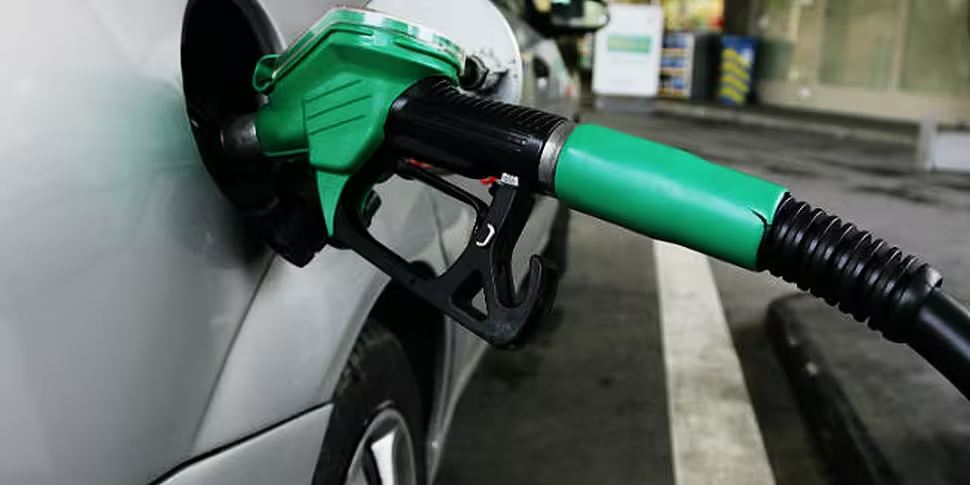The average Irish motorist pays €1600 a year in tax on fuel and given the 40 percent drop in oil prices since June of this year they might have a legitimate question as to why prices at the pump are not falling as fast?
Pump prices have fallen anywhere between three percent to seven percent depending on the retailer but given that fuel taxes account for over 50 percent of the price of oil, the drop should have been closer to a 15 percent reduction in price per litre.
Clearly the government is not incentivised or able to change the tax on fuel at short notice under the current tax system, so the flexibility in pricing really does lie with the oil companies. Or does it? Consumers see that prices at the pump rise quickly but fall slowly and it is this underlying suspicion that drives our mistrust of how petrol prices work.
There are, however, plausible if frustrating explanations for the above phenomena. Oil companies sell their future production of oil at fixed prices via the futures markets (the financial exchange of commodities) and usually at least one year ahead. This allows companies like Ryanair, for example, also to hedge or guarantee their future jet fuel costs.
This means that whilst short term prices may be falling there is much less room for manoeuvre for oil companies right now as they are locked into an historic higher price. If they drop prices they immediately start to lose against the fixed future price.
Lower prices for consumers? Not likely
The question then is if not now then when? Or are consumers adequately compensated for the future sales made when prices are low, and assuming that they subsequently rise? And the answer is probably not. What the oil companies are trying to do is to smooth out the volatility of prices introduced by sharp rises and falls in the underlying commodity.
This is a legitimate business tool as they have large fixed costs that do not change and they want to try to match their cash flows accordingly. It is almost inconceivable that lower prices are fully passed onto clients as the oil companies play catch up when prices are rising.
Governments could and should do more but it is the current inflexibility of the tax system which is at fault. Irish Government Tax receipts would fall in the short term if they lowered fuel taxes but consumer expenditure would more than compensate. This is evidenced in the US where government taxes on fuel are much lower at around 20 percent of the total cost of a US gallon including three levels of tax for federal, state and local taxes. US motorists pay about €1300 per annum in fuel taxes but this figure, whilst still lower than the equivalent Irish driver, does not reflect the true situation as US drivers pay that on far greater mileage per annum.
The message is that a flexible tax system on gasoline prices is a great way for the Irish government to stimulate the economy, it is a hidden interest rate cut or money printing program and would be easy to introduce. It isn't legislated by Europe and it is a real stimulus. But try getting anyone in the Exchequer to do it.
Nick Bullman MCSI is Managing Partner & Chairman at CheckRisk.









